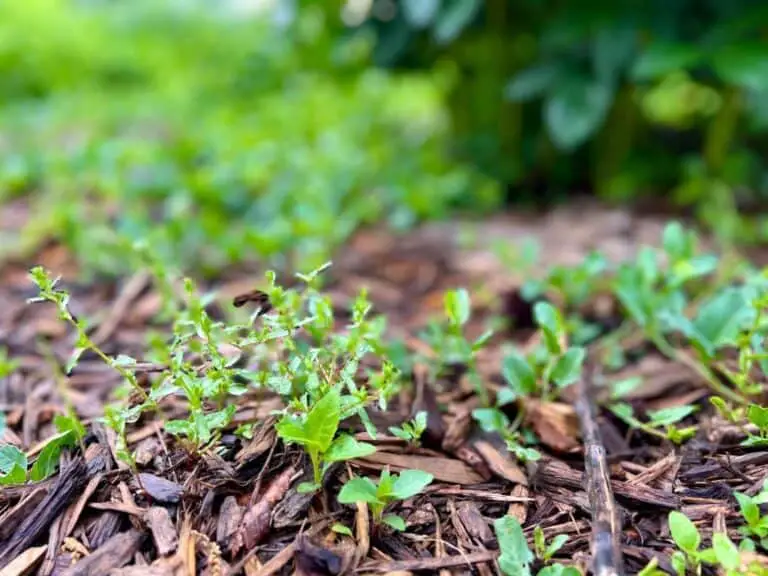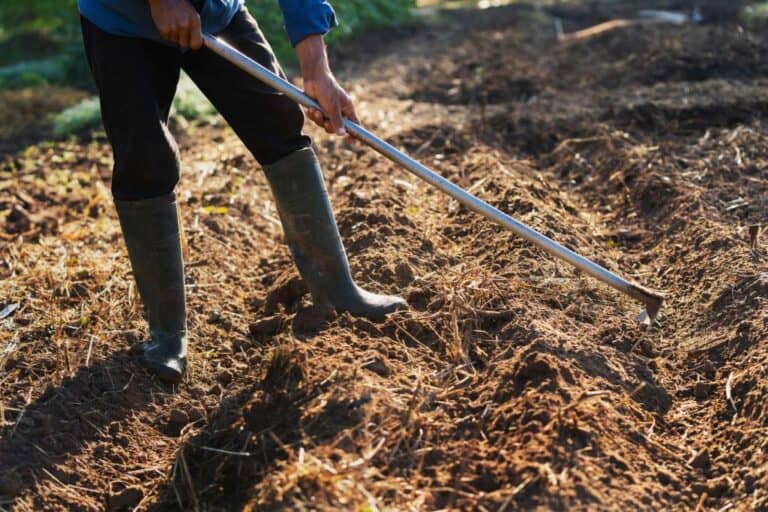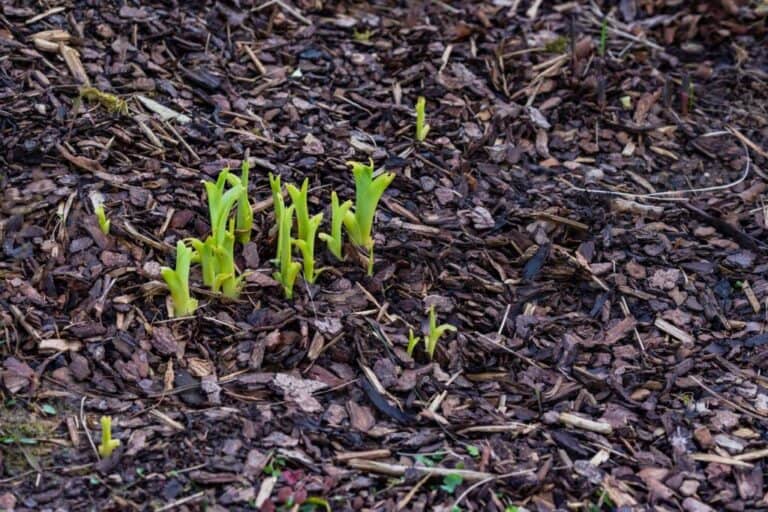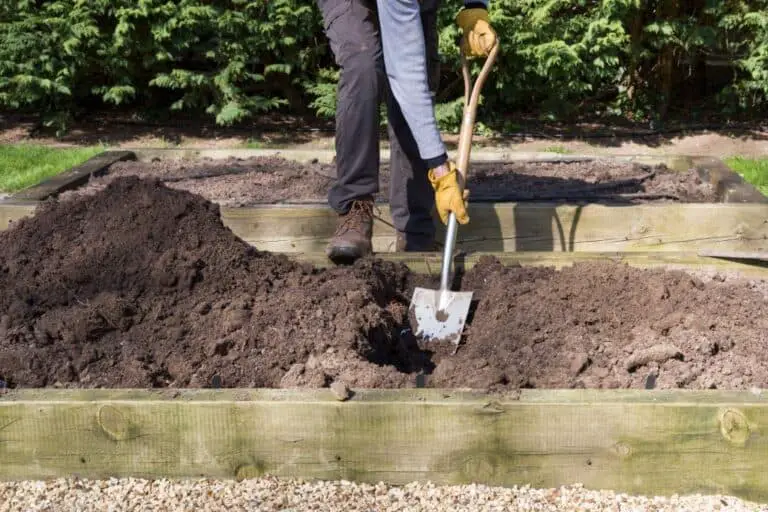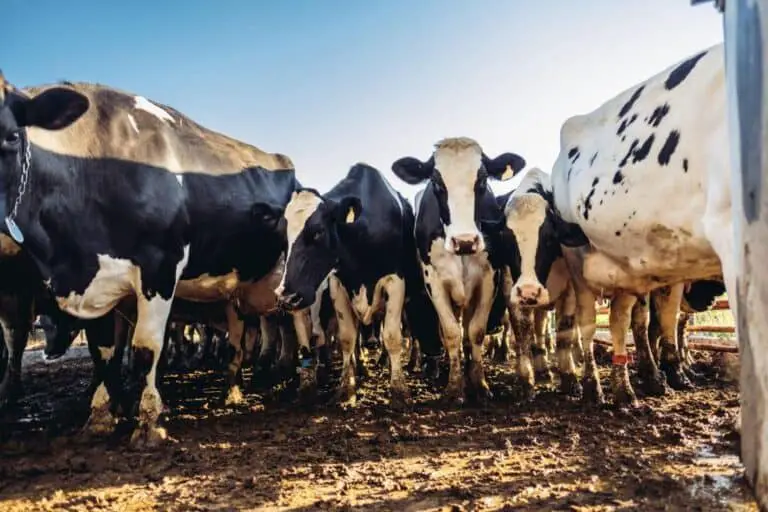Manure vs. Compost: Which Is Best for Your Lush Lawn?
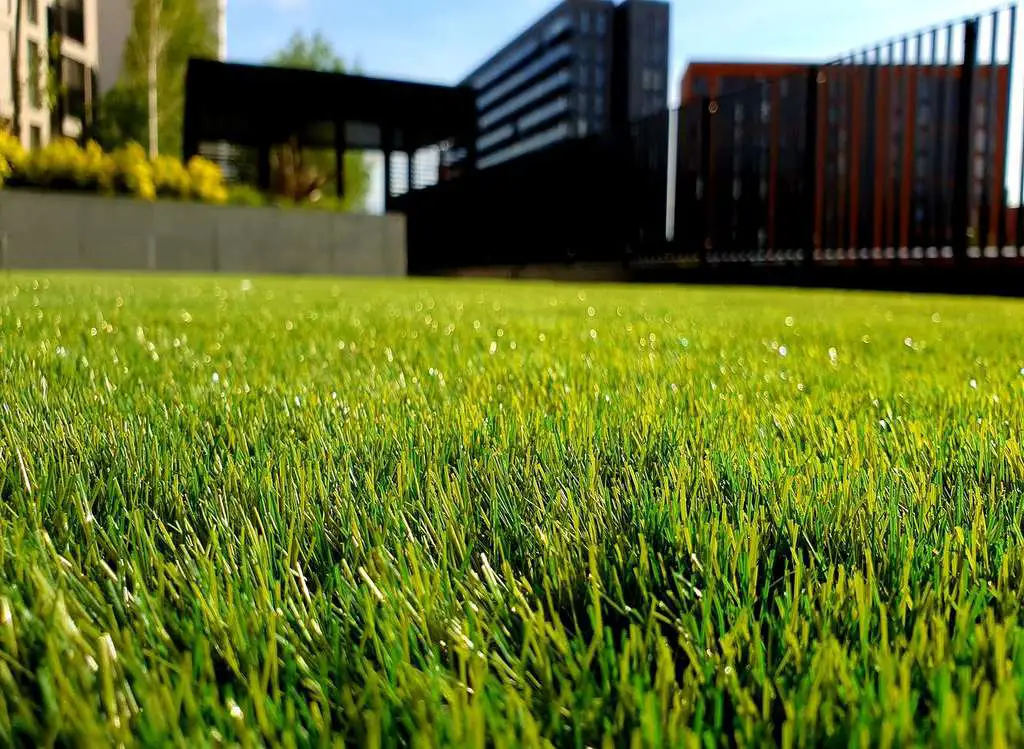
In the quest for the perfect lawn, the choice between manure and compost can feel like a crossroads, each path promising to lead you to the lush, vibrant grassland of your dreams. So, what’s the best route to take?
Imagine a lawn so inviting that it beckons you to kick off your shoes and run your toes through the soft, green blades. Picture a space where family barbecues are a delight and picnics are a regular occurrence. Whether you’re a seasoned gardener or a novice, the decision between manure and compost for your grass lawn can make all the difference.
In this article, we’re about to demystify the age-old debate, bringing clarity to your journey towards the lawn of your dreams. We’ll break down the science, weigh the pros and cons, and equip you with the knowledge to make a well-informed choice. It’s time to discover whether manure or compost will reign supreme in your quest for the ultimate grassy paradise.
Manure: A Traditional Choice
Manure has been used for centuries as a natural fertilizer. It’s rich in nutrients like nitrogen, phosphorus, and potassium, which are essential for plant growth. When applied correctly, manure can work wonders for your lawn. Here are some of the advantages of using manure:
Advantages of Manure
| Advantages | Description |
| Rich in Nutrients | Manure provides essential nutrients that promote healthy grass growth. |
| Improves Soil Structure | It enhances soil texture, making it more suitable for plant roots to absorb water and nutrients. |
| Cost-Effective | Manure is often readily available and can be a budget-friendly option. |
| Enhanced Microbial Activity | It encourages beneficial microbial activity in the soil. |
| Long-Lasting Effects | Its slow-release properties mean you don’t have to fertilize as often. |
Drawbacks of Manure
Despite its advantages, manure comes with some drawbacks:
- Odor: Manure can have a strong, unpleasant smell, which may be a concern if you have a small backyard or nearby neighbors.
- Weed Seeds: Some manure may contain weed seeds, leading to unwanted plants sprouting in your lawn.
- Nutrient Imbalance: If not properly aged or composted, manure can contain imbalanced nutrient ratios, potentially harming your grass.
- Potential for Burn: If applied in excessive amounts, fresh manure can burn your grass due to its high nitrogen content.
Compost: Nature’s Recycling Bin
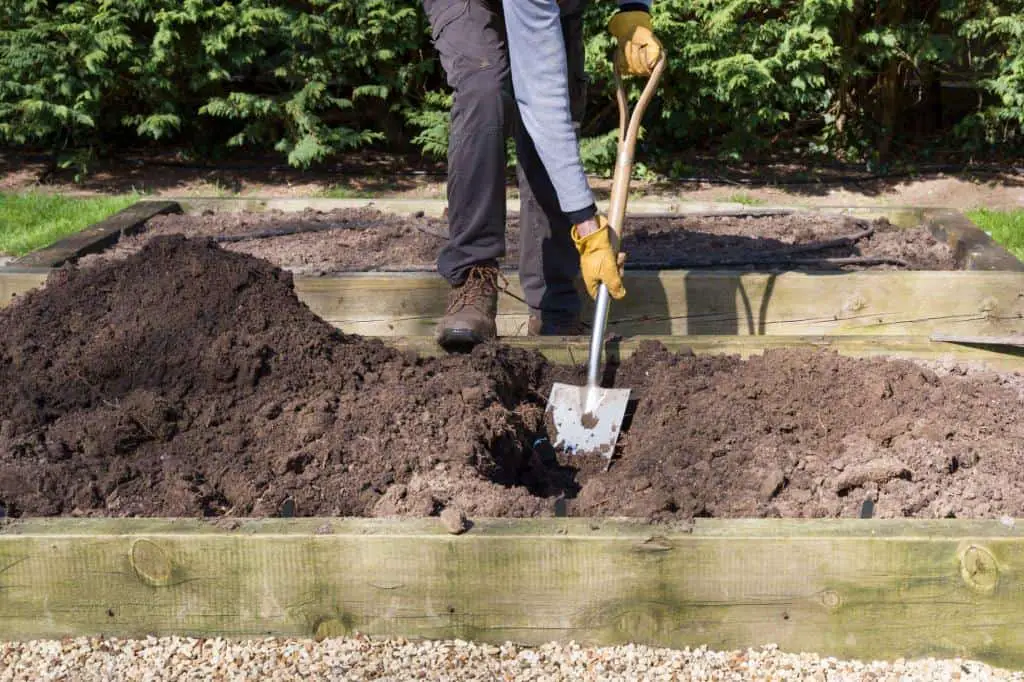
Compost, on the other hand, is often referred to as “black gold” in the gardening world. It’s created by decomposing organic matter, such as kitchen scraps to create organic compost, yard waste, and leaves. Compost offers a range of benefits for your lawn:
Advantages of Compost
| Advantages | Description |
| Nutrient-Rich | Compost is a slow-release source of nutrients that won’t harm your grass when applied correctly. |
| Improves Soil Structure | It enhances soil aeration and water retention, reducing the risk of runoff and erosion. |
| Natural Pest Control | Compost can help create a healthy ecosystem in your soil, deterring harmful pests. |
| Environmental Friendly | Recycling kitchen and yard waste into compost reduces landfill waste and benefits the environment. |
| No Foul Odor | Unlike fresh manure, compost has a pleasant, earthy smell that won’t disturb your neighbors. |
Drawbacks of Compost
While compost is generally an excellent choice, there are some considerations to keep in mind:
- Initial Setup: You’ll need to invest time and effort into setting up a composting system or purchasing compost.
- Waiting Period: Composting takes time, usually several months, before it’s ready for use.
- Quality Varies: The quality of compost can vary depending on the materials used and the composting process.
- Less Nutrient Concentration: Compost may have lower nutrient concentrations compared to manure.
Choosing the Right Option for Your Lawn
The choice between manure and compost ultimately depends on your specific lawn care needs and preferences. Here are some factors to consider:
1. Soil Composition
Before making a decision, it’s essential to know your soil’s composition. A soil test can reveal its pH level, nutrient content, and texture. Manure may be beneficial for soils deficient in nutrients, while compost can improve soil structure and water retention.
2. Nutrient Requirements
Consider the nutrient needs of your grass. Manure tends to be richer in nutrients, making it suitable for lawns that require a nutrient boost. Compost, with its slow-release properties, is excellent for long-term soil health.
3. Time and Effort
Evaluate the time and effort you’re willing to invest. Manure is readily available but may require more frequent applications. Compost takes time to prepare but can offer sustainable, long-term benefits.
4. Environmental Impact
If environmental concerns are a priority, compost is the eco-friendly choice. It reduces waste and promotes sustainability in your garden.
5. Odor Tolerance
Consider your tolerance for odors. Manure can be pungent, while compost typically has a more pleasant scent.
6. Weed Control
Be cautious of potential weed seeds in manure. If weeds are a concern, compost may be the safer option.
Compare Nutrient Content: Manure vs. Compost
When it comes to nourishing your lawn, understanding the nutrient content of manure and compost is essential for making an informed decision. Let’s explore the key differences in their nutrient profiles.
Manure:
Manure is a nutrient powerhouse, particularly rich in nitrogen (N), phosphorus (P), and potassium (K). Nitrogen fuels lush, green growth, while phosphorus fosters strong root development and flowering. Potassium enhances overall plant resilience. However, it’s worth noting that the nutrient balance in manure can be uneven, and improper application may lead to overfertilization and potential harm to your grass.
Compost:
Compost, often referred to as “black gold,” offers a more balanced nutrient profile. It contains moderate levels of nitrogen, phosphorus, and potassium, providing steady, slow-release nourishment. This ensures consistent growth without the risk of nutrient burn.
While compost’s nutrient concentrations may be lower compared to manure, its organic matter improves soil structure, enhances water retention, and encourages a healthier lawn ecosystem.
Is Manure or Compost Better for a Grass Lawn?
Both manure and compost can be used to fertilize a lawn, but compost is generally considered to be better. Here are some key points from the search results:
Compost is a good source of nitrogen, phosphorus, and potassium, as well as micronutrients.
- Compost can improve soil structure, water retention, and drainage.
- Topdressing a lawn with compost adds organic matter to the soil, which provides for proper drainage and better tilth.
- Additionally, organic matter is home to helpful microorganisms that convert minerals and organic fertilizer in the soil into nutrients that plants can absorb through their roots.
- Manure is a good source of nutrients but needs to be aged or composted before use, while compost is already decomposed and ready to use.
- Fresh manure can be high in salts and ammonia, which can damage plants if applied directly.
- If you are using manure, be sure the manure is thoroughly composted, or it too can burn your lawn.
In summary, while both manure and compost can be used to fertilize a lawn, compost is generally considered to be better because it is already decomposed and ready to use, improves soil structure, and provides a range of nutrients.
If you are using manure, be sure it is thoroughly composted before use to avoid damaging your lawn.
Application Tips
Regardless of your choice, proper application is crucial for success. Here are some general tips:
- Measure and Calculate: Determine the correct amount of manure or compost needed for your lawn’s size.
- Spread Evenly: Distribute the fertilizer evenly to avoid over-fertilizing or creating uneven growth.
- Timing Matters: Apply in the spring or fall for best results when grass is actively growing.
- Water After Application: Water your lawn after applying fertilizer to help nutrients penetrate the soil.
- Monitor and Adjust: Keep an eye on your lawn’s progress and adjust your fertilization routine as needed.
Conclusion
Maintaining a lush, green lawn is a source of pride for many homeowners. It not only enhances the curb appeal of your property but also provides a comfortable space for outdoor activities. One key aspect of lawn care is choosing the right fertilizer, and two popular organic options are manure and compost.
In the battle of manure vs. compost for your lawn, there’s no clear winner. Both have their advantages and drawbacks. It’s essential to assess your lawn’s specific needs, your environmental concerns, and your willingness to invest time and effort into the process. Whichever you choose, a well-maintained lawn is within your reach, and with proper care, you’ll enjoy a vibrant, green oasis right outside your door. Happy gardening!
In this comprehensive guide, we’ll delve into the world of lawn care and explore the benefits and drawbacks of using manure and compost. By the end, you’ll have a clear understanding of which option is best for your grass.
FAQs on Compost vs Chemical Fertilizer
How often should I apply manure or compost to my lawn?
Apply manure or compost once a year in the spring or fall. Use a quarter- to half-inch layer. Frequent applications can lead to nutrient imbalances and potential harm to the lawn.
Can I mix manure and compost together for my lawn?
Yes, you can mix manure and compost for your lawn. This blend can provide a balanced nutrient profile and improve soil health.
Are there any alternatives to manure and compost for lawn care?
Alternatives to manure and compost include synthetic fertilizers, organic granular fertilizers, and bio-stimulants. Choose based on your lawn’s specific needs and environmental concerns.
What are the potential risks of using manure or compost on my lawn?
Risks of using manure or compost include weed seeds, pathogens, and over-application. Proper handling, composting, and application practices can mitigate these risks.
Is it safe to use fresh manure on a grass lawn?
Fresh manure can burn grass and poses health risks. Compost manure or allow it to age for several months before use to ensure safety.
Can compost be used as a topdressing for an existing lawn?
Yes, compost can be used as a topdressing for an existing lawn. Apply a thin layer to improve soil health and promote grass growth.
How can I make my own compost at home for lawn care?
To make your own compost, gather organic kitchen waste, yard trimmings, and leaves in a bin. Turn the pile regularly, maintaining a balance of green and brown materials, and it will transform into nutrient-rich compost over several months. Related: Make Liquid Fertilizer From Chicken Manure at Home
Are there any organic certifications for manure and compost products?
Some manure and compost products may carry organic certifications like USDA Organic or OMRI. Look for these labels to ensure their organic authenticity.
What should I do if my lawn shows signs of nutrient deficiency after using manure or compost?
If your lawn shows signs of nutrient deficiency after using manure or compost, consider soil testing to identify specific nutrient imbalances. Adjust your lawn care regimen by supplementing with the lacking nutrients or changing the type of amendment you use.

